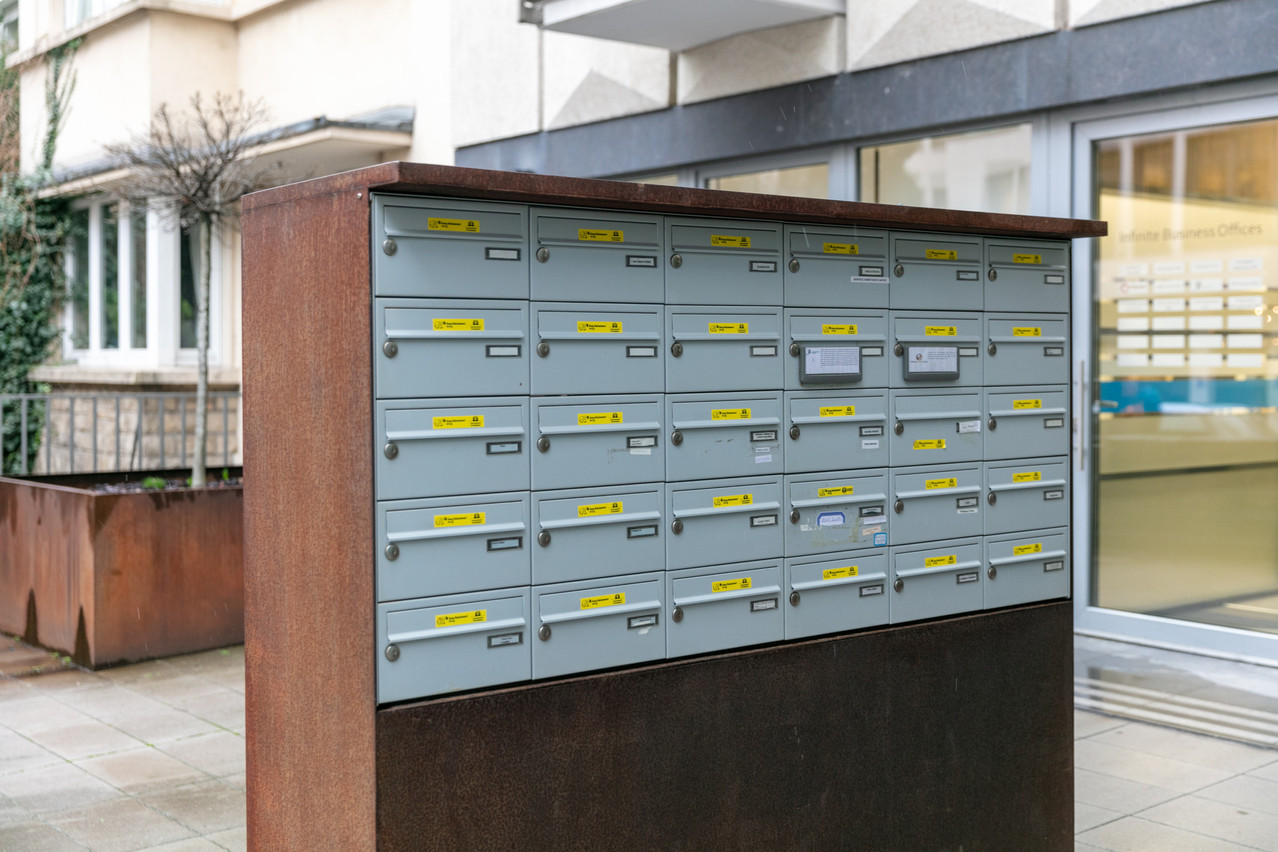Up until recently, people registering in the commune simply had to supply an address, leading to a rise in abuses. The number of people removed from the population register last year rose to 2,464, up 3.4% compared to 2021.
“There are people who registered at my home,” city mayor (DP) said on Wednesday. Since last year, new residents must provide a lease agreement, deed of sale or other document to prove their address. Other communes in the country also apply such rules.
“We were stricter last year; we worked with the public prosecutor,” Polfer said, adding that this does not prevent people from trying to cheat the system.
Domiciled at an office
The address of a resident determines social benefits, which can sometimes be tempting. “We have sometimes seen surprising things, such as people who are domiciled at the address of their office,” said the mayor.
Polfer said that a process is planned at national level to list every address in the country and categorise it according to whether it is an apartment building or a single-family home. This is a painstaking task that will take time.
In Belgium, for example, the domiciliation of an address is conditional on a report by a police officer. In Luxembourg, this is not the case, but Polfer said “if there is the slightest doubt about the address given, only the police can go and check.”
Demographic-electoral equation
Luxembourg City’s population grew last year, as 15,315 inhabitants left the capital but 21,577 moved in. As a post-covid effect, the number of marriages celebrated in the capital jumped by 25%, with 544 unions. Births outnumbered deaths by two to one, with 1,201 newborns registered.
On 31 December 2022, the capital had 132,778 inhabitants, up 3.3% year-on-year. Almost 71% of the residents were non-Luxembourgers. This also poses a challenge with regard to the communal elections of , which are open for the first time to non-Luxembourg residents .
There are 81,025 non-Luxembourgers eligible to vote in the capital, but only 5,465 of them are currently registered. This leaves 75,560 potential voters to sign up by 17 April, the closing date for registration. In comparison, 32,138 Luxembourg nationals are called to the polls on 11 June in Luxembourg City, i.e., 28% of all potential voters.
This story was first published in French on . It has been translated and edited for Delano.
